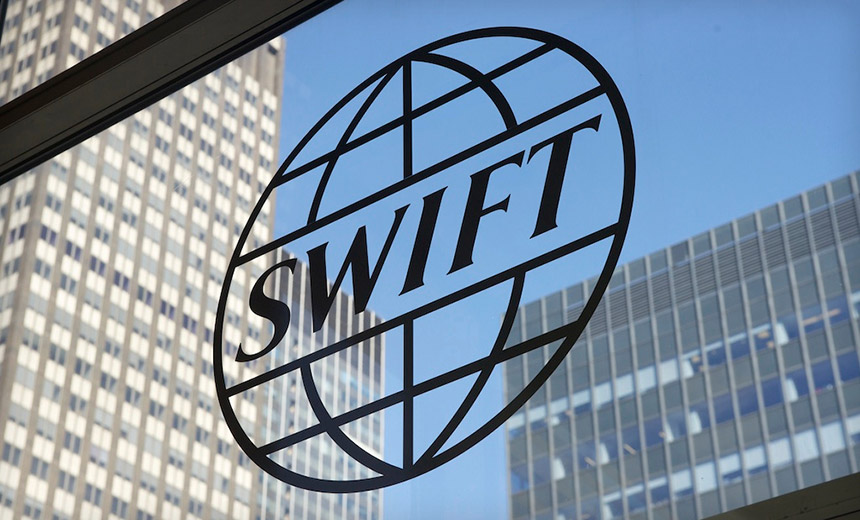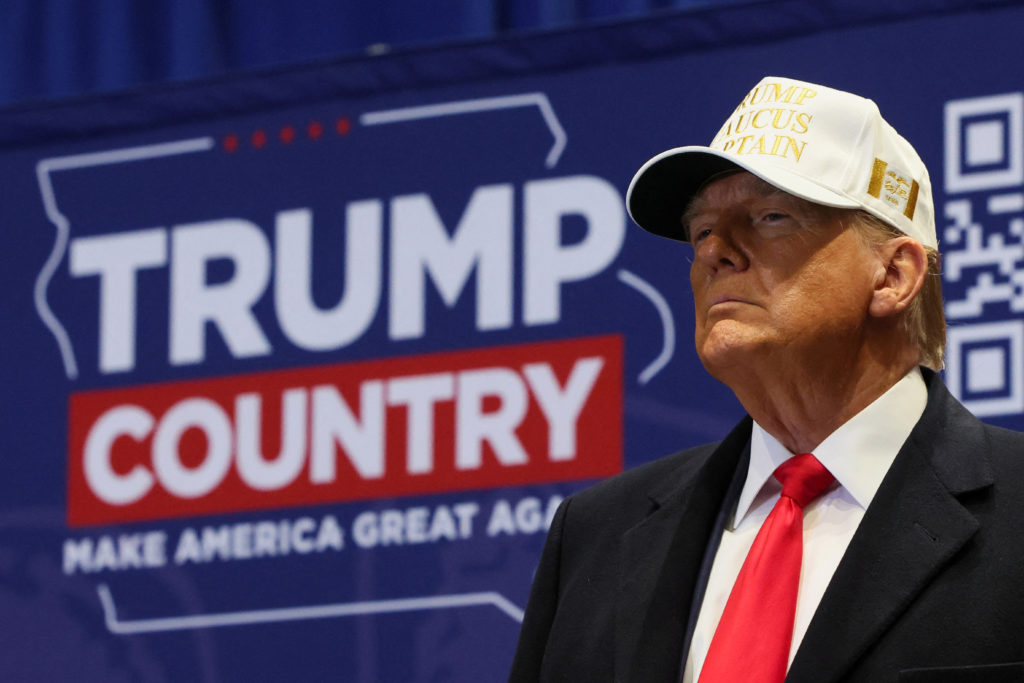The Philippines is planning to work with the central bank to investigate the possibilities of blockchain technology for the sale of government bonds.
The Treasury is considering blockchain technology in light of its successful tokenized bond campaign to raise 15 billion pesos ($271 million).
To better understand the benefits and drawbacks of central bank digital currency (CBDC), the Bangko Sentral ng Pilipinas (BSP) is now testing CBDC for use in major financial transactions.
In this investigation, Distributed Ledger Technology (DLT) is crucial, as Deputy Treasurer Erwin Sta. Ana noted, saying, “We’re testing the DLT.
With the BSP’s CBDC initiative, we hope to work together.” Globally, tokenization—the process of converting assets into digital tokens—is becoming more and more popular. The world’s first tokenized government green bond auction was held recently in Hong Kong.
According to Citigroup, by 2030, the market for tokenized assets—including bonds—may grow to $5 trillion.
In response to market demands and technological improvements, the Philippines is thinking about growing the range of bonds it offers through tokenized bond sales in the future, including longer-term bonds.
Other organizations might decide to follow suit in light of the recent success of tokenized bond offerings in the Philippines.
Manila is currently looking to make these digital bonds available to the general public after the Union Bank of the Philippines issued them last year. With a positive outlook, Sta. Ana said, “We’re just getting started, and we’ll look to expand this to retail investors.”



